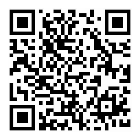研究人员观察连续时间晶体
诸平
The image shows cold atoms (in yellow) in an optical resonator on their way to form a time crystal. Credit: University of Hamburg
关于时间晶体(time crystal)之前已经有过几篇博文:
时间晶体:物质存在的新形式;
使用新的量子计算架构来创造时间晶体;
时间晶体:科学家究竟是如何创建物质新状态的;
耗散时间晶体的首次实验实现;
时间晶体“不可能”,但服从量子物理;
使用新的量子计算架构来创造时间晶体;
当然,网络上相关介绍也不少,如科普中国网的《时间晶体:构想、争议与实现》;2019年9月20日发表的《不可思议!在“时间晶体”中,空间的对称性被打破! 》;2021年9月6日发表的《理论成现实!汉堡大学首次实验“看见”了时间晶体》;以及2022年2月17日发表的《时间晶体研究取得新突破,时间晶体从实验室走向现实世界》,类似的还有许多,不再一一列举。
今天介绍德国汉堡大学(University of Hamburg / Universität Hamburg)的*新研究结果。
据汉堡大学2022年6月10日提供的消息,汉堡大学激光物理研究所(Institute of Laser Physics)的研究人员,首次成功地实现了一种自发破坏连续时间平移对称性(continuous time translation symmetry)的时间晶体。他们在《科学》(Science)杂志于2022年6月9日在线发布的一项研究中报告了他们的观察结果。详见PhatthamonKongkhambut, JimSkulte, LudwigMatheyjayson G.Cosme, AndreasHemmerich,HansKessle.Observation of a continuous time crystal.Science,9 Jun 2022, First Release.DOI: 10.1126/science.abo3382. https://www.science.org/doi/10.1126/science.abo3382.参与此项研究的除了来自汉堡大学的研究人员之外,还有来自菲律宾大学(University of the Philippines, Quezon City, Philippines)的研究人员。上述图片显示光学谐振器(optical resonator)中的冷原子(黄色)正在形成时间晶体(time crystal)。
时间晶体的想法可以追溯到诺贝尔奖获得者弗兰克·维尔泽克(Frank Wilczek),他**提出了这种现象。类似于水在冰点(freezing point)附近自发地变成冰,从而破坏系统的平移对称性(translationsymmetry),动力学多体系统中的时间平移对称性(time translation symmetry)在时间晶体形成时自发地破坏。
近年来,研究人员已经在周期性驱动的封闭和开放量子系统中观察到了离散或弗洛凯时间晶体(Floquet time crystals)。安德里亚斯·黑梅里希(Andreas Hemmerich)教授所在的**CUI物质**成像集群小组(Cluster of Excellence CUI: Advanced Imaging of Matter)的汉斯·凯斯勒(Hans Keßler)博士说:“然而,在之前的所有实验中,连续时间平移对称性都会被时间周期驱动所打破。我们面临的挑战是要实现一个能够自发打破连续时间平移对称性的系统。”
在精密光学腔内使用玻色-爱因斯坦凝聚(Using a Bose-Einstein condensate inside an optical high-finesse cavity)
在他们的实验中,科学家们在精密光学腔中使用了玻色-爱因斯坦凝聚态。利用与时间无关的泵浦,他们观察到一个*限环相,其特征是腔内光子数伴随原子密度通过循环模式的周期性振荡。
他们发现,振荡的时间相位取0到2π之间的随机值,正如自发破缺的连续对称性所期望的那样。通过确定相关参数空间中的稳定区域,并显示*限环振荡的持续性,即使在存在强时间扰动(strong temporal perturbations)的情况下,研究人员也证明了动态相位的稳健性。
此研究得到了德国学术奖学金基金会(German Academic Scholarship Foundation)、德国研究基金会(Deutsche Forschungsgemeinschaft: KE2481/1−1;SFB-925–project 170620586)、德国研究基金会**集群先进物质成像项目{ Deutsche Forschungsgemeinschaft: Cluster of Excellence Advanced Imaging of Matter (EXC 2056) – project No. 390715994}的支持。
上述介绍,仅供参考。欲了解更多信息,敬请注意浏览原文或者相关报道。
The first experimental realization of a dissipative time crystal
Researchers observe continuous time crystal
Abstract
Time crystals are classified as discrete or continuous depending on whether they spontaneously break discrete or continuous time translation symmetry. While discrete time crystals have been extensively studied in periodically driven systems, the experimental realization of a continuous time crystal is still pending. We report the observation of a limit cycle phase in a continuously pumped dissipative atom-cavity system, that is characterized by emergent oscillations in the intracavity photon number. The phase of the oscillation found to be random for different realizations, and hence this dynamical many-body state breaks continuous time translation symmetry spontaneously. Furthermore, the observed limit cycles are robust against temporal perturbations and therefore demonstrate the realization of a continuous time crystal.



 1stDIN SPEC 33402-5-2010 DIN SPEC 33402-5-2010 人体工学.人体测量.可用性研究
1stDIN SPEC 33402-5-2010 DIN SPEC 33402-5-2010 人体工学.人体测量.可用性研究 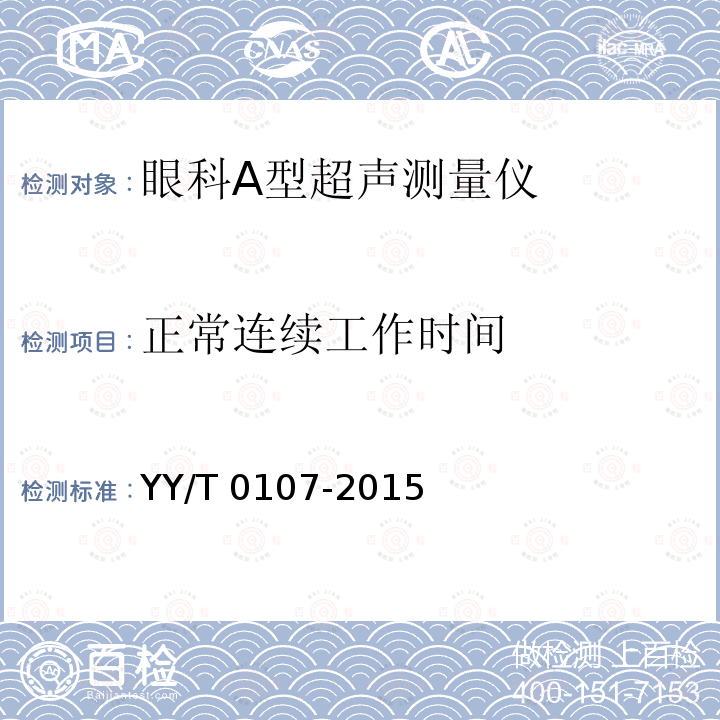
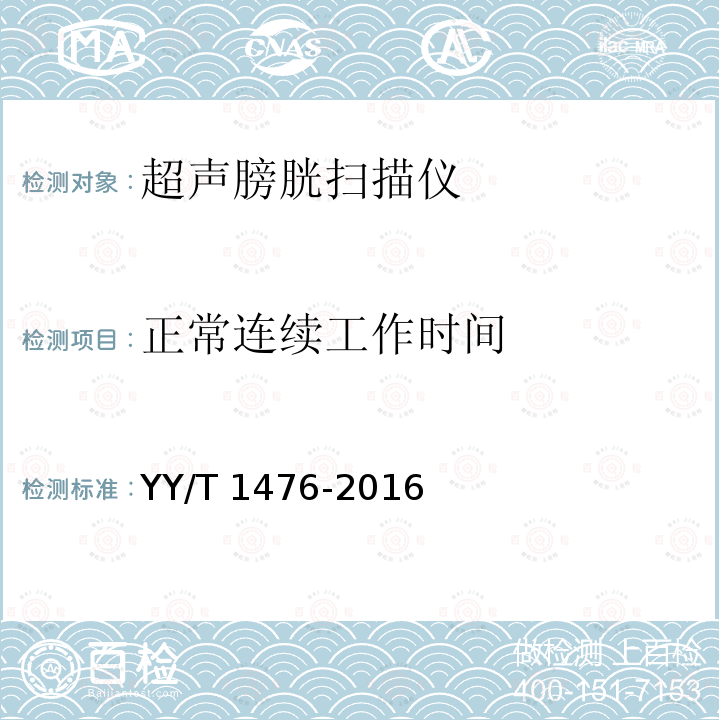
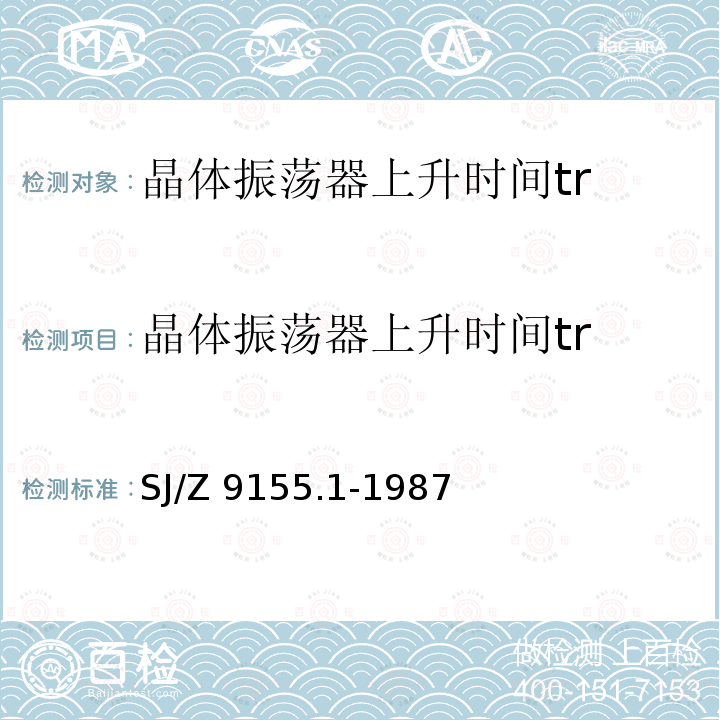
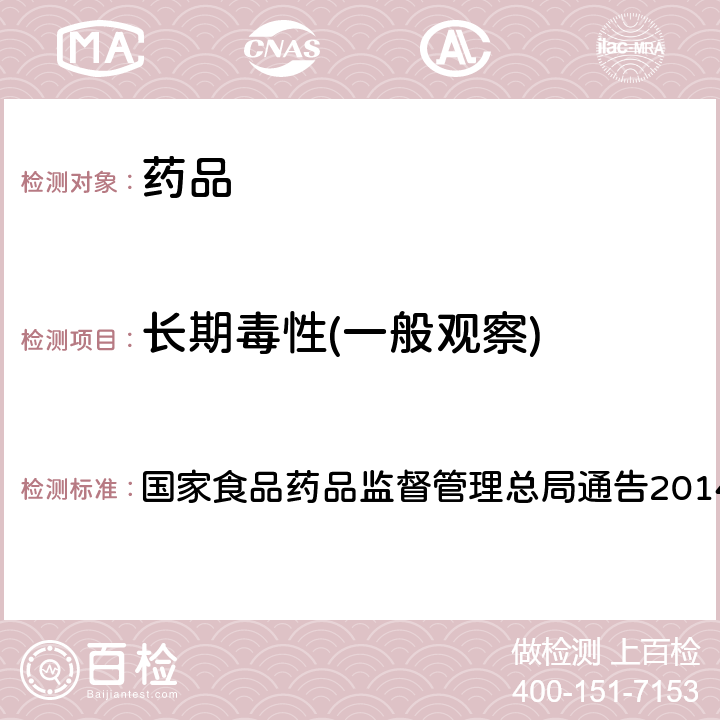

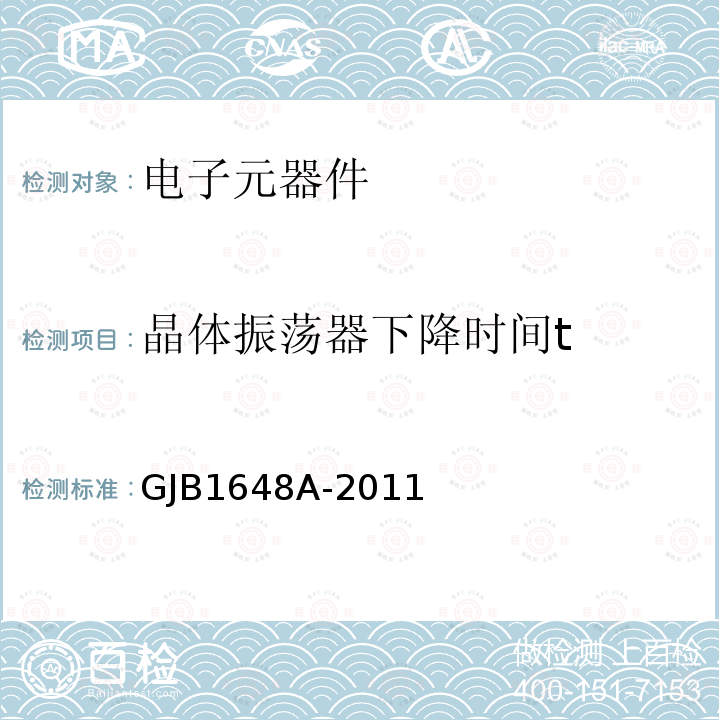

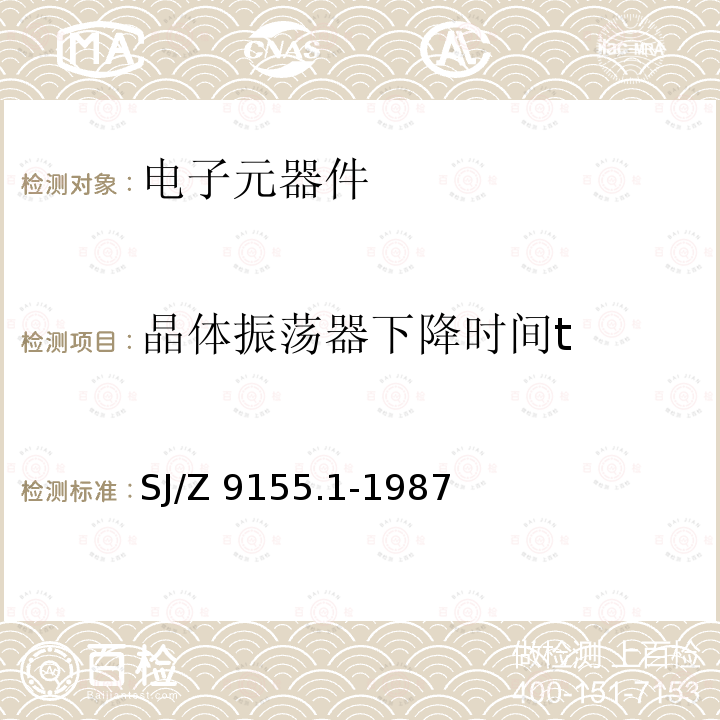
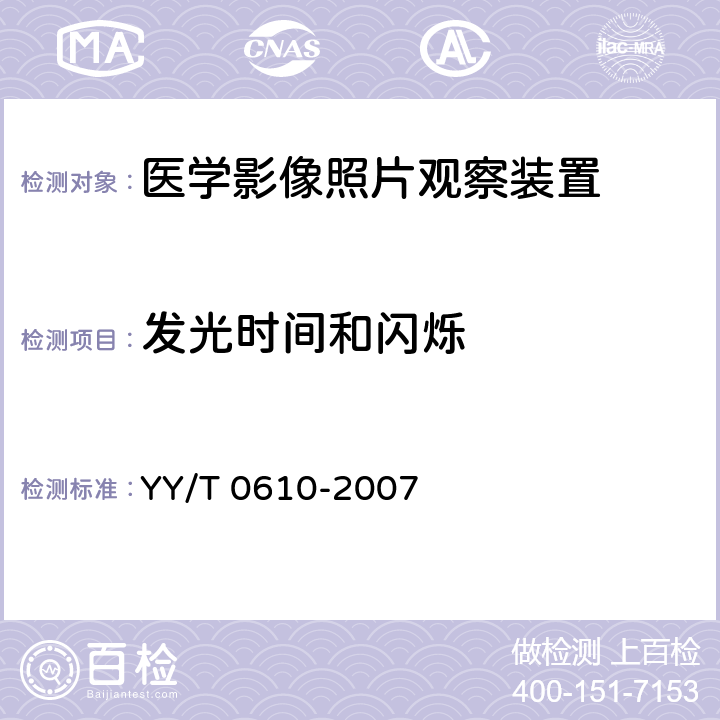
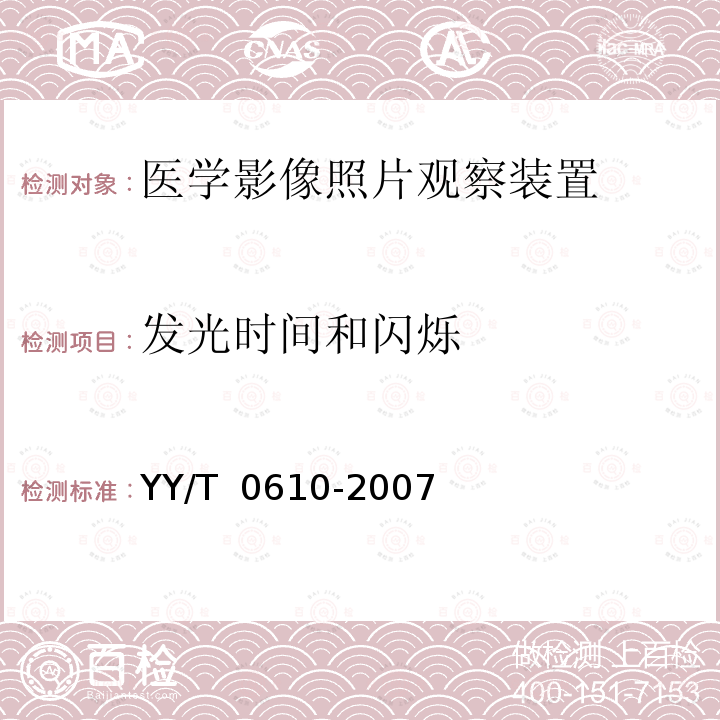



 400-101-7153
400-101-7153 15201733840
15201733840